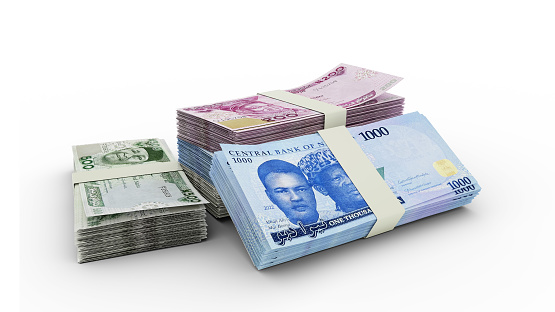In October 2022, the governor of the CBN, Godwin Emefiele, announced the redesign of high-value naira notes – N200, N500, and N1000. And why, you might ask? According to the “Meffy,” the move will help curb vote buying at the upcoming 2023 polls.
As expected, this policy has garnered mixed reactions from the populace – some in support and others in violent opposition. One cannot help but wonder, though – will this new policy even dent Nigeria’s vote-buying problems? And what about the effects on the everyday Nigerian?
One doesn’t need a soothsayer to know that chaos is imminent. The CBN plans to mop up over 80% of the currency in circulation, which amounts to about 2.7 trillion nairas. That’s a staggering amount, and the consequences of such a move could be dire.
The naira scarcity of the past months brought with it many lessons. One of the major takeaways was the need for the capacity to learn and admit errors; leaders and policymakers must learn from past implementation of policies or similar ones when designing their programmes. Nigeria could have taken a cue from India, where a similar currency redesign in 2016 led to utter chaos. It’s also crucial for policymakers to pay attention to the people’s voices when designing policies. The violence and outcries trailing the policy implementation indicate the people’s feelings, which should never be ignored.
As the saying goes, proper planning prevents poor performance. Unfortunately, the CBN missed this memo. The disastrous implementation of this policy could be attributed to inadequate planning on the part of the CBN. As economists say, anything could go wrong, and everything has gone wrong with this policy. The naira scarcity has exposed the CBN’s underestimation of the people’s need for cash and overrating the country’s digital banking infrastructure.
Another important lesson from this naira scarcity is the ability to take responsibility. Instead of owning up to their mistakes; the CBN has been playing the blame game. Emefiele has accused banks, POS operators, and politicians of hoarding cash, an antic that has done nothing but overheat the polity, thus throwing the country into spates of violence and riots.
The naira scarcity continues to worsen with each passing day. Yet, the CBN seems adamant about sticking to its deadline without making any provisions to ease the pain of the populace. It begs the question – what’s the point of policies that make life harder for the ordinary person? We hope the answer to this question will become apparent in the coming months.
